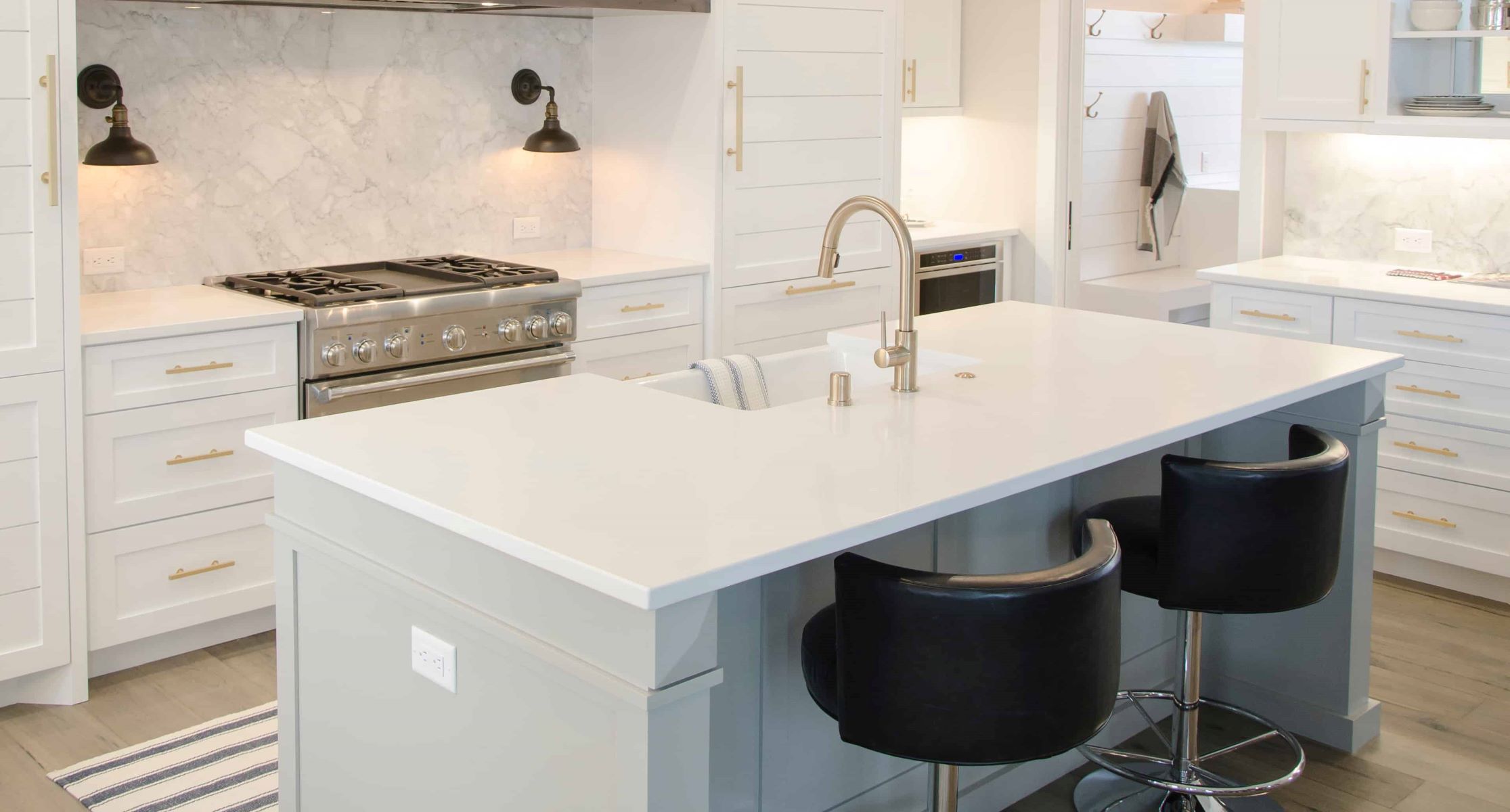

Articles
How Long Does Quartz Countertops Last
Modified: December 7, 2023
Learn how long quartz countertops last and discover the best maintenance tips in our informative articles. Get expert insights and keep your countertops looking beautiful for years to come.
(Many of the links in this article redirect to a specific reviewed product. Your purchase of these products through affiliate links helps to generate commission for Storables.com, at no extra cost. Learn more)
Introduction
Welcome to our comprehensive guide on quartz countertops and their lifespan. If you’re considering remodeling your kitchen or bathroom, quartz countertops are a popular choice due to their durability, beauty, and low maintenance requirements. In this article, we will delve into what quartz countertops are, discuss their benefits, explore the factors that affect their lifespan, and offer tips on proper care and maintenance. We will also highlight the signs that indicate it may be time to replace your quartz countertops.
Quartz countertops are engineered stone surfaces made from a combination of natural quartz minerals, resins, and pigments. The manufacturing process involves crushing the quartz crystals and mixing them with polymers to create a highly durable and non-porous material. The mixture is then shaped into slabs that can be customized to fit various countertop dimensions.
Quartz countertops offer several advantages over other materials, such as granite or marble. One of the biggest benefits is their exceptional durability. Quartz is one of the hardest minerals on Earth, ranking 7 out of 10 on the Mohs scale of mineral hardness. This makes quartz countertops highly resistant to scratches, chips, and stains, ensuring that they can withstand the daily wear and tear of a busy kitchen or bathroom.
Another advantage of quartz countertops is their low maintenance requirements. Unlike natural stone materials, such as granite or marble, quartz countertops do not need to be sealed periodically. The non-porous surface of quartz makes it resistant to spills, bacteria, and mold growth. Simply wiping the surface with warm water and a mild detergent is usually all that’s required to keep your quartz countertops looking pristine.
While quartz countertops are known for their durability, the lifespan can vary depending on several factors. The quality of the quartz material, the installation process, and proper care and maintenance play crucial roles in determining how long your countertops will last. In the following sections, we will delve deeper into these factors to understand what impacts the lifespan of quartz countertops.
Key Takeaways:
- Quartz countertops offer exceptional durability, low maintenance, and a wide range of colors and patterns, making them a practical and stylish choice for kitchens and bathrooms. Proper care and maintenance can extend their lifespan for decades.
- Factors such as the quality of the quartz material, installation process, and maintenance play crucial roles in determining the lifespan of quartz countertops. Recognizing signs of wear and tear and considering replacement when necessary can ensure long-lasting beauty and functionality.
What Are Quartz Countertops?
Quartz countertops are engineered stone surfaces that are composed of approximately 90% natural quartz crystals and 10% resins and pigments. The quartz crystals are mined from quarries and then ground into a fine powder. This powder is then combined with a polymer resin and pigment to create a mixture. The mixture is then compressed under high pressure and heated to form solid slabs.
Unlike natural stone countertops, such as granite or marble, which are cut from large blocks and are limited in color variations, quartz countertops offer a wide range of colors, patterns, and finishes. Through the addition of pigments during the manufacturing process, quartz countertops can mimic the appearance of natural stone and even replicate the look of exotic materials like marble or granite.
One of the key advantages of quartz countertops is their exceptional durability. As mentioned earlier, quartz is one of the hardest minerals on Earth. This hardness makes quartz countertops highly resistant to scratches, chips, and stains, making them an ideal choice for high-traffic areas like kitchens and bathrooms.
In addition to their durability, quartz countertops are also known for their non-porous nature. The manufacturing process of quartz countertops involves adding resin to the mixture, which fills any natural pores in the quartz crystals. As a result, quartz countertops have a smooth and non-porous surface that is resistant to spills, bacteria, and mold growth-
Another important feature of quartz countertops is their heat resistance. While it is not recommended to place extremely hot objects directly on the surface, quartz countertops can withstand moderate heat without being damaged. This makes them suitable for use in kitchens, where hot pots, pans, and cooking utensils are common.
Furthermore, quartz countertops offer a consistent and uniform appearance throughout the entire surface. Unlike natural stones, which can have variations in color and pattern from one slab to another, quartz countertops provide a more uniform and visually appealing look. This can be especially advantageous if you are aiming for a consistent design aesthetic in your kitchen or bathroom.
Overall, quartz countertops offer a winning combination of durability, versatility, and aesthetic appeal. Whether you prefer a classic, contemporary, or modern style, you can find a quartz countertop option that suits your taste and complements your existing decor. With their ability to mimic the look of natural stone and their superior durability, quartz countertops continue to be a popular choice among homeowners and designers alike.
Benefits of Quartz Countertops
Quartz countertops offer a plethora of benefits that make them a popular choice for homeowners and designers. From their durability to their low maintenance requirements, here are some key advantages of choosing quartz countertops for your kitchen or bathroom:
- Durability: Quartz countertops are highly durable and resistant to scratches, chips, and stains. The quartz crystals used in their composition make them one of the hardest materials on Earth, ensuring that they can withstand the demands of everyday use in a busy household.
- Non-porous Surface: Unlike natural stone countertops, which may require periodic sealing, quartz countertops have a non-porous surface. This means that they are resistant to spills, moisture, bacteria, and mold growth. The non-porous nature of quartz also makes it easy to clean and maintain.
- Wide Range of Colors and Patterns: Quartz countertops offer a wide variety of colors, patterns, and finishes to suit different design preferences. Whether you prefer a classic, modern, or exotic look, you can find a quartz countertop that complements your style and enhances the overall aesthetic of your kitchen or bathroom.
- Uniform Appearance: Unlike natural stone materials, which can have variations in color and pattern, quartz countertops provide a consistent and uniform appearance throughout the entire surface. This allows for a sleek and seamless look, especially when using multiple slabs or installing them in large areas.
- Heat Resistance: While it is always recommended to use trivets or hot pads to protect any countertop surface, quartz countertops offer good heat resistance compared to other materials. They can handle moderate heat without being damaged, making them suitable for use in kitchens where cooking and baking are common activities.
- Stain Resistance: Quartz countertops are highly resistant to staining, thanks to their non-porous surface. This means that spills from food, beverages, and household chemicals are less likely to penetrate and leave permanent marks or discoloration on the surface.
- Low Maintenance: Quartz countertops are known for their low maintenance requirements. Unlike natural stone countertops that need periodic sealing, quartz countertops only require a simple cleaning routine with mild soap and water. This saves homeowners time and effort in maintaining the beauty and cleanliness of their countertops.
- Long Lifespan: With proper care and maintenance, quartz countertops can have a long lifespan. While the specific duration can vary depending on various factors, such as the quality of the quartz material and how well they are cared for, it is not uncommon for quartz countertops to last for decades.
With all these advantages, it’s no wonder that quartz countertops continue to be a sought-after choice for kitchens and bathrooms. The combination of durability, aesthetics, and low maintenance makes them a practical and stylish option for homeowners looking to enhance the value and functionality of their living spaces.
Factors Affecting the Lifespan of Quartz Countertops
The lifespan of quartz countertops can vary depending on several factors. While quartz is known for its durability, there are certain elements that can influence how long your countertops will last. Here are some key factors that can affect the lifespan of quartz countertops:
- Quality of the Quartz Material: The quality of the quartz material used in the manufacturing of countertops can significantly impact their lifespan. High-quality quartz countertops are made from pure quartz crystals and are engineered with superior craftsmanship. Investing in a reputable and reliable brand can ensure that you have countertops that are built to withstand the test of time.
- Installation Process: The proper installation of quartz countertops is crucial for their longevity. It is important to hire professional installers who have experience working with quartz materials. A skilled installation team will ensure that the countertops are properly secured, have precise measurements, and are installed according to industry standards. Improper installation can lead to structural issues and may shorten the lifespan of your countertops.
- Proper Support: Quartz countertops require proper support to prevent any stress or pressure on the surface. It is essential to have a sturdy and level base that can adequately support the weight of the countertops. Insufficient support can cause the countertops to crack or become unstable, leading to potential damage and a shortened lifespan.
- Maintenance and Care: While quartz countertops are low maintenance, proper care is still necessary to ensure their longevity. Regular cleaning with mild soap and water and promptly wiping up spills can prevent staining and minimize the risk of damage. Avoid using abrasive cleaners or harsh chemicals that may damage the surface. Additionally, using cutting boards and hot pads can protect the countertops from scratches and heat damage.
- Use and Exposure: The way you use and expose your quartz countertops can impact their lifespan. While quartz is highly resistant to scratches and stains, it is best to avoid cutting directly on the surface, using sharp or heavy objects, or placing hot pans directly on the countertop. Excessive wear and tear or extreme heat can damage the quartz surface over time.
- Impact from Sharp Objects: Even though quartz countertops are highly resistant to scratches, they are not entirely scratch-proof. Sharp objects, such as knives or keys, can potentially leave marks on the surface if enough force is applied. It is important to use cutting boards and avoid dragging or sliding sharp objects across the countertop to minimize the risk of scratching.
- Environmental Factors: Environmental conditions can also impact the lifespan of quartz countertops. Excessive exposure to direct sunlight or extreme temperature variations can cause the color of the quartz to fade or the material to expand and contract, leading to potential cracking or discoloration. Additionally, exposure to chemicals or acidic substances without immediate cleaning can cause damage to the surface.
By considering these factors and taking proper precautions, you can prolong the lifespan of your quartz countertops. It is crucial to invest in high-quality materials, hire professional installers, follow a regular cleaning and maintenance routine, and use appropriate protective measures to ensure that your countertops remain beautiful and functional for many years to come.
Quartz countertops can last a lifetime with proper care and maintenance. To ensure longevity, avoid placing hot items directly on the surface and use cutting boards to prevent scratches. Regular cleaning and sealing will also help extend the lifespan of your quartz countertops.
Proper Care and Maintenance for Quartz Countertops
Quartz countertops are known for their durability and low maintenance requirements. With proper care and maintenance, you can ensure that your countertops remain beautiful and functional for many years. Here are some essential tips for caring and maintaining your quartz countertops:
- Clean Regularly: Clean your quartz countertops regularly with mild soap and warm water. Avoid using abrasive cleaners or harsh chemicals that can damage the surface. Simply wipe the countertops with a soft cloth or sponge, and rinse thoroughly to remove any residue.
- Wipe Up Spills Promptly: Promptly wipe up any spills, especially acidic substances like lemon juice, vinegar, or wine. While quartz is resistant to stains, prolonged exposure to acidic liquids can potentially cause discoloration or damage the surface.
- Use Cutting Boards: Although quartz countertops are scratch-resistant, it is recommended to use cutting boards when chopping or slicing food. This will prevent potential scratches from sharp knives and preserve the beauty of your countertops.
- Avoid Extreme Heat: While quartz countertops are heat-resistant, it’s best to use trivets or hot pads when placing hot pans or pots on the surface. Sudden and extreme temperature changes can cause thermal shock, potentially leading to cracks or damage.
- Protect from Chemicals: Avoid exposing your quartz countertops to strong chemicals or solvents. Substances such as nail polish remover, paint thinner, or bleach can cause discoloration or damage to the surface. If contact with any chemicals occurs, promptly clean the area with water and mild soap.
- Avoid Scratching: While quartz is highly resistant to scratches, it is not entirely scratch-proof. To prevent scratches, avoid using abrasive pads, steel wool, or rough cleaning tools on the surface. Always use gentle cleaning techniques and soft cloths or sponges.
- Do Not Use as a Work Surface: While quartz countertops are durable, it is advisable to avoid using them as a work surface for activities like hammering, crafting, or cutting objects with excessive force. This can potentially damage the surface or lead to chips or cracks.
- Regularly Inspect for Damage: Periodically inspect your quartz countertops for any signs of damage, such as chips, cracks, or discoloration. If you notice any issues, contact a professional to assess and repair the damage promptly.
- Follow Manufacturer’s Recommendations: Refer to the manufacturer’s guidelines or recommendations for specific care instructions. Each brand or type of quartz may have slightly different requirements, and it’s important to adhere to their instructions to maintain the warranty and ensure proper care.
By following these care and maintenance guidelines, you can extend the lifespan of your quartz countertops and keep them looking their best. Regular cleaning, prompt spill cleanup, and avoiding harsh chemicals or extreme temperatures will help preserve the beauty and functionality of your countertops for many years to come.
Read more: How Long Does Epoxy Countertops Last
Signs that Your Quartz Countertops Need Replacement
Quartz countertops are known for their durability and long lifespan. However, there may come a time when they need to be replaced due to wear and tear or other issues. Here are some signs to look out for that indicate it may be time to replace your quartz countertops:
- Cracks and Chips: Noticeable cracks or chips in your quartz countertops can be a sign that they have reached the end of their lifespan. Cracks can lead to structural issues and may compromise the integrity of the countertop.
- Stains and Discoloration: Despite being resistant to stains, quartz countertops can still become susceptible to deep or stubborn stains over time. If you have tried various cleaning methods and the stains persist, it may be an indication that the countertop surface has become compromised and needs replacement.
- Severe Scratches: While quartz is scratch-resistant, it is not entirely scratch-proof. If you notice severe scratches or deep grooves on the surface of your countertops, it may be a sign that they are nearing the end of their lifespan and should be replaced.
- Fading or Loss of Sheen: Over time, exposure to UV rays and regular cleaning can cause quartz countertops to lose their original shine and color vibrancy. If you notice a significant loss of sheen or fading, it may be time to consider replacing your countertops to restore their aesthetic appeal.
- Uneven Surface: If you notice that your quartz countertops have started to develop an uneven surface or feel rough to the touch, it could indicate the deterioration of the quartz material. This can be a sign that the countertops are reaching the end of their lifespan.
- Loose or Unstable Sections: If you notice that certain areas of your quartz countertops have become loose or unstable, it could indicate poor installation or structural issues. In such cases, it is advisable to consult a professional to assess the situation and determine if replacement is necessary.
- Mold or Mildew Growth: While quartz countertops are resistant to bacteria and mold growth, if you neglect proper cleaning and maintenance, mold or mildew can start to develop in the seams or edges. If extensive mold growth is present, it may be difficult to fully eliminate and could be a sign that replacement is needed.
- Outdated Style: Sometimes, homeowners choose to replace their quartz countertops simply because they want to upgrade the overall look or style of their kitchen or bathroom. If your countertops are outdated or no longer match your aesthetic preferences, replacing them can provide a fresh and modern appearance.
It’s important to assess these signs carefully and consult with a professional to determine the best course of action. While some issues, such as minor scratches or stains, can be repaired, in many cases, replacing the quartz countertops may be the most practical and cost-effective solution to ensure a long-lasting and beautiful countertop surface.
Conclusion
Quartz countertops are a popular choice for kitchens and bathrooms due to their durability, aesthetic appeal, and low maintenance requirements. From their high resistance to scratches and stains to their wide range of colors and patterns, quartz countertops offer numerous benefits that make them an excellent investment for homeowners.
However, it’s important to consider several factors that can impact the lifespan of quartz countertops. Factors such as the quality of the quartz material, the installation process, and proper care and maintenance can all influence how long your countertops will last.
By following a proper care and maintenance routine, you can extend the lifespan of your quartz countertops. Regular cleaning, prompt spill cleanup, and using cutting boards and hot pads for protection are essential practices to keep your countertops in optimal condition.
While quartz countertops are known for their durability, there may come a time when they need to be replaced. Signs such as cracks and chips, deep stains, severe scratches, and uneven surfaces indicate that it may be necessary to consider replacing your countertops. Outdated style preferences or structural issues are also valid reasons for replacement.
Ultimately, investing in high-quality quartz countertops, ensuring professional installation, and maintaining proper care and maintenance will greatly contribute to their longevity. By understanding the factors that affect their lifespan and recognizing the signs that they may need replacement, you can make informed decisions and continue to enjoy the beauty and functionality of your quartz countertops for many years to come.
Whether you’re upgrading your kitchen or remodeling your bathroom, quartz countertops offer a timeless and durable solution that adds elegance and value to your home. Consider the benefits, take proper care of your countertops, and be proactive in addressing any signs of wear and tear to maximize their lifespan and enjoy their beauty for generations to come.
Frequently Asked Questions about How Long Does Quartz Countertops Last
Was this page helpful?
At Storables.com, we guarantee accurate and reliable information. Our content, validated by Expert Board Contributors, is crafted following stringent Editorial Policies. We're committed to providing you with well-researched, expert-backed insights for all your informational needs.
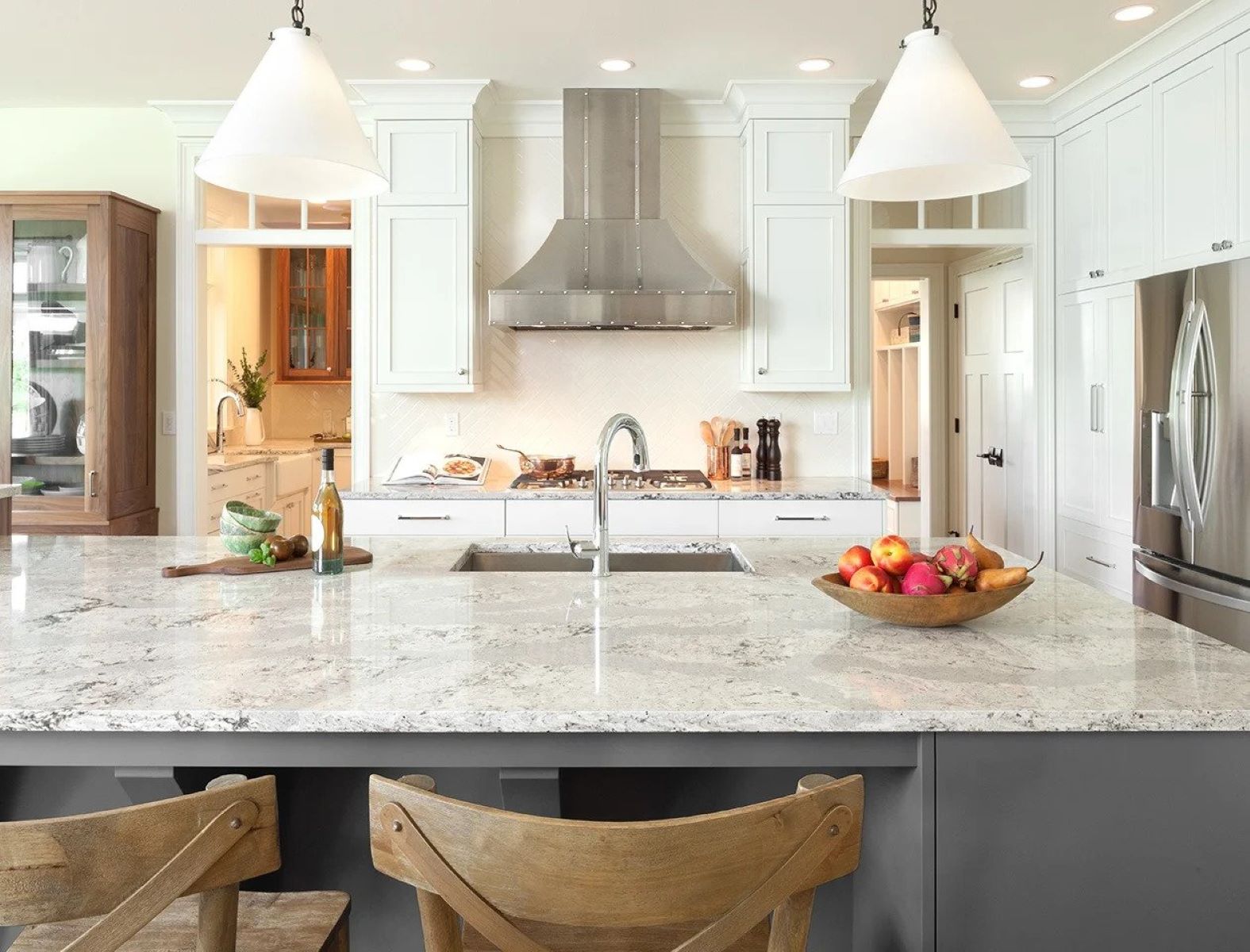
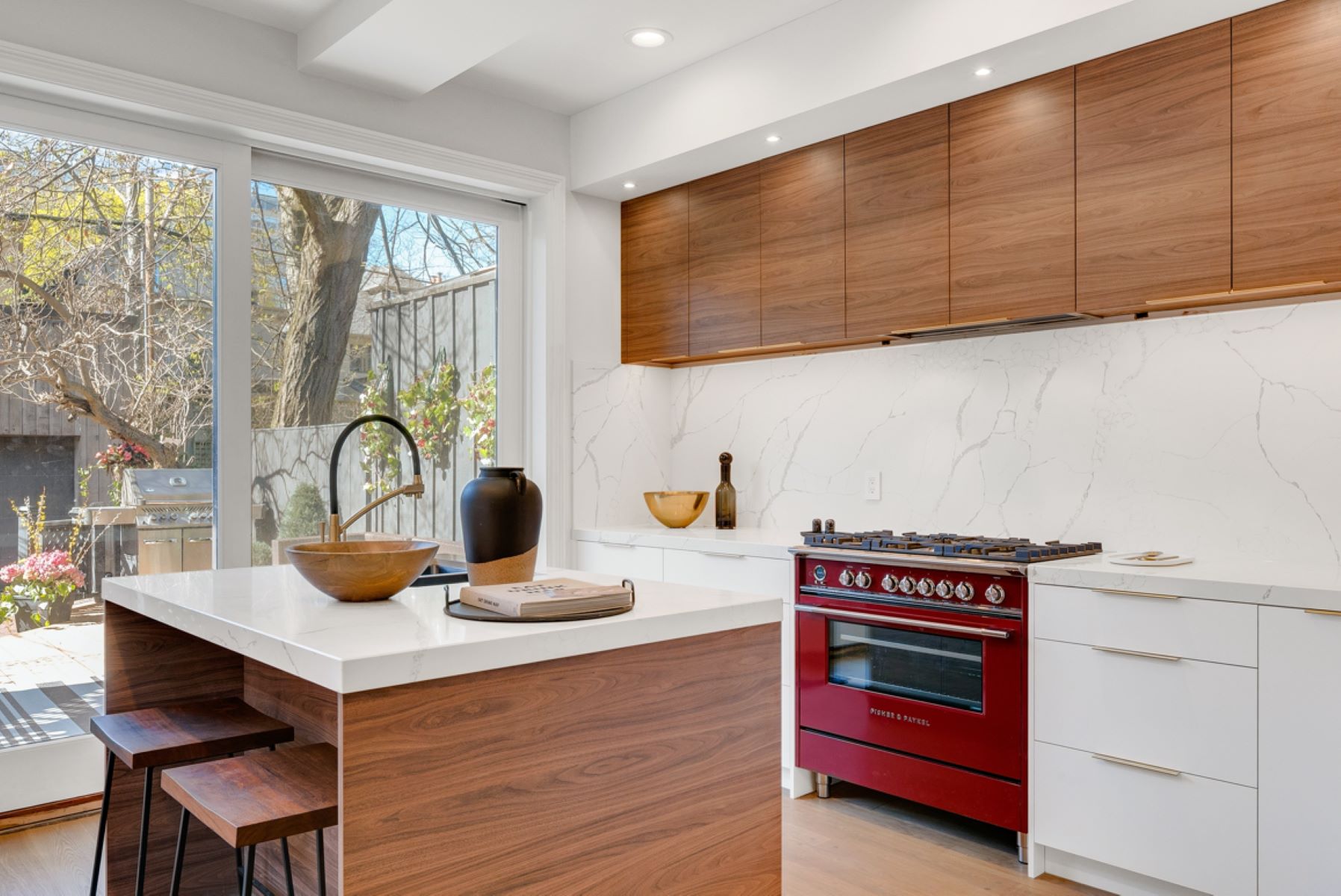
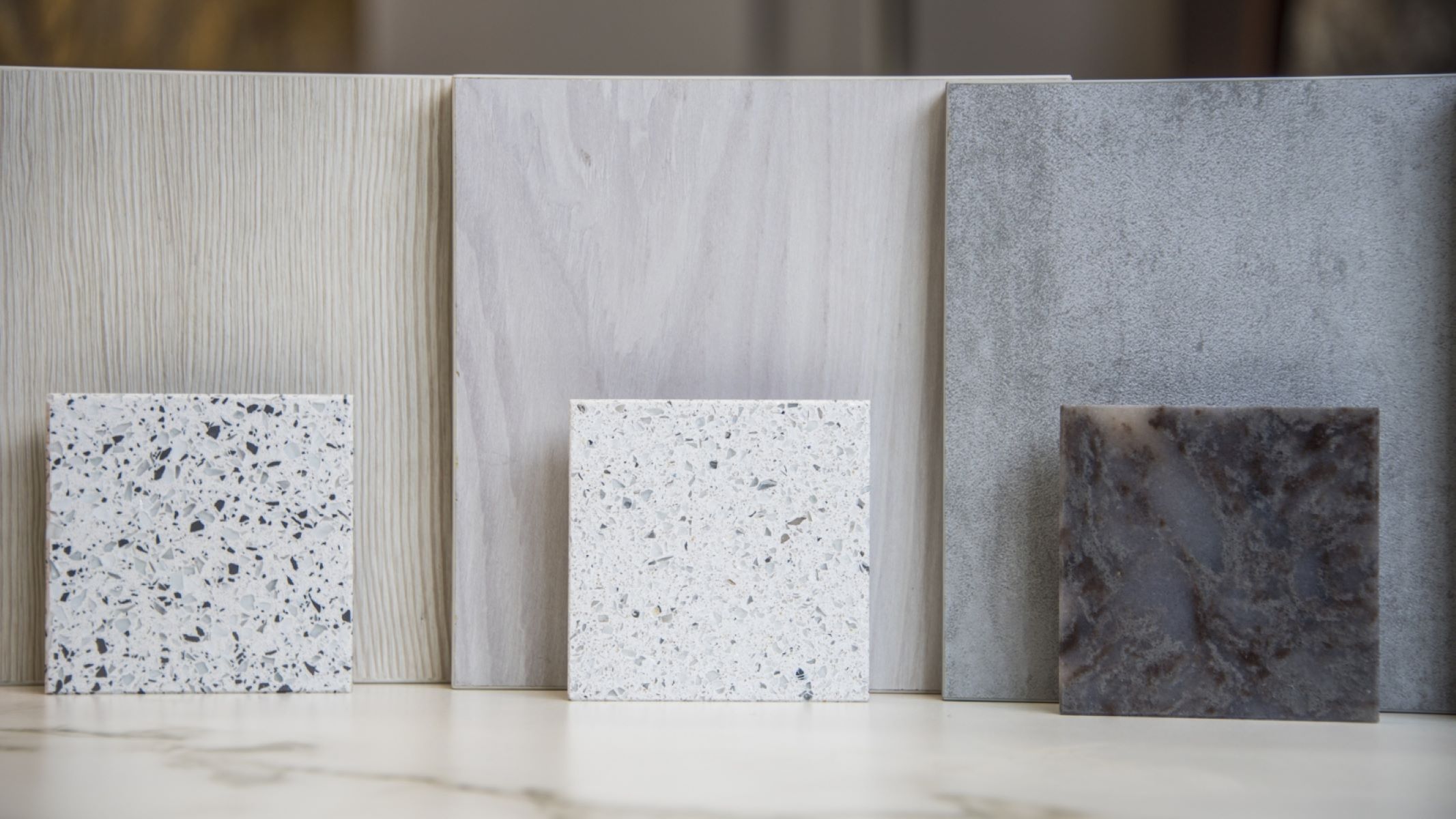
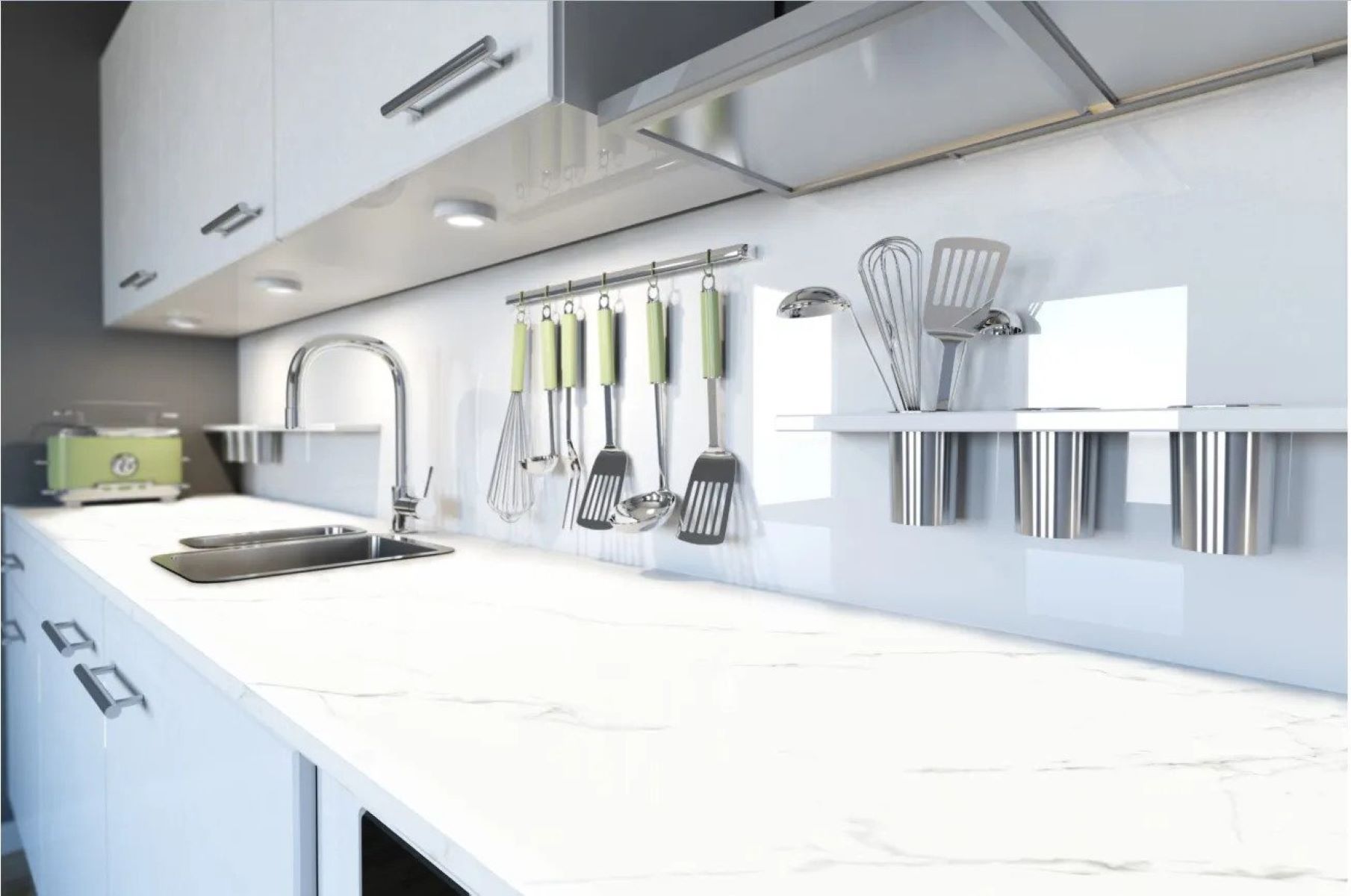
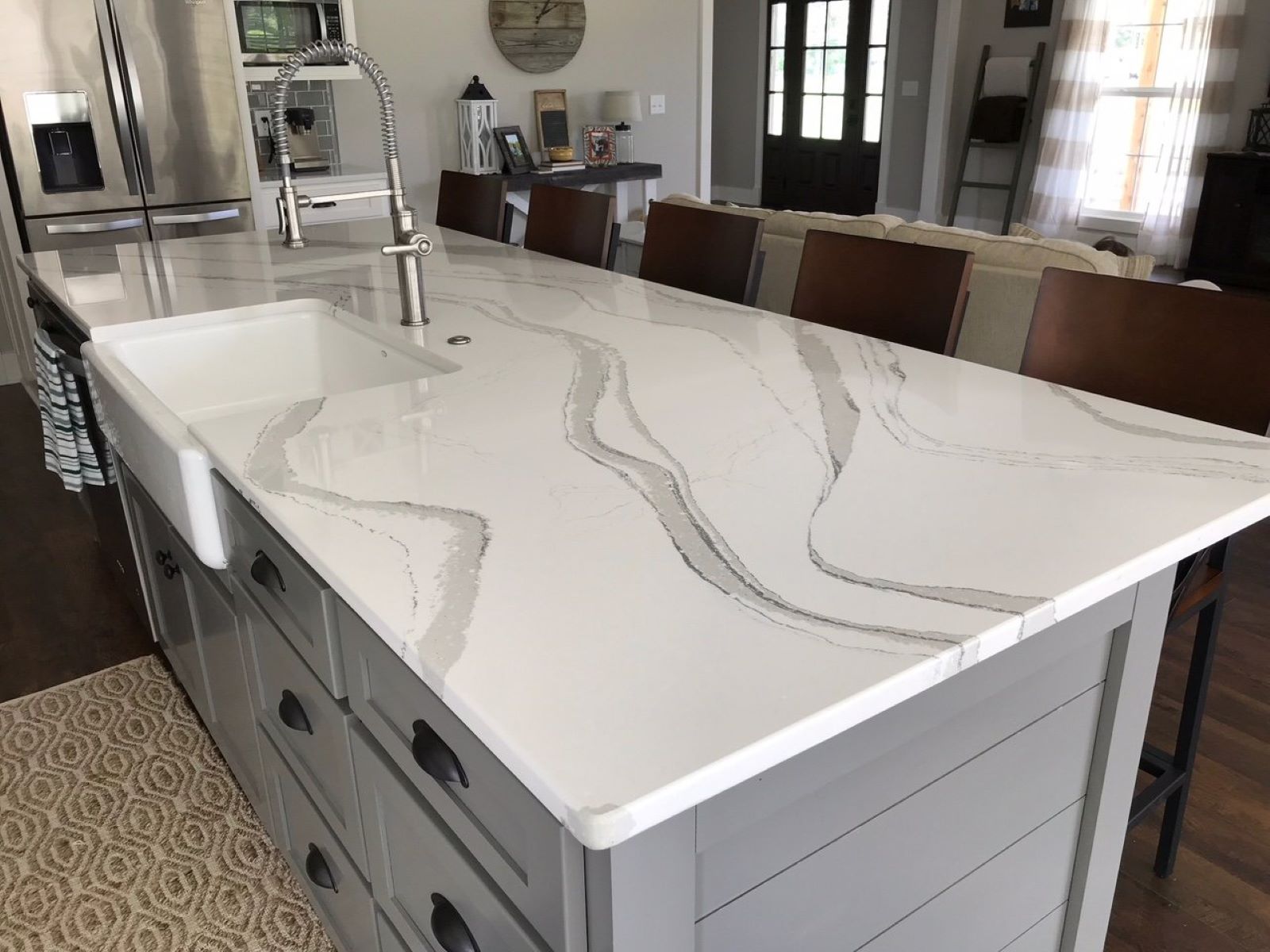
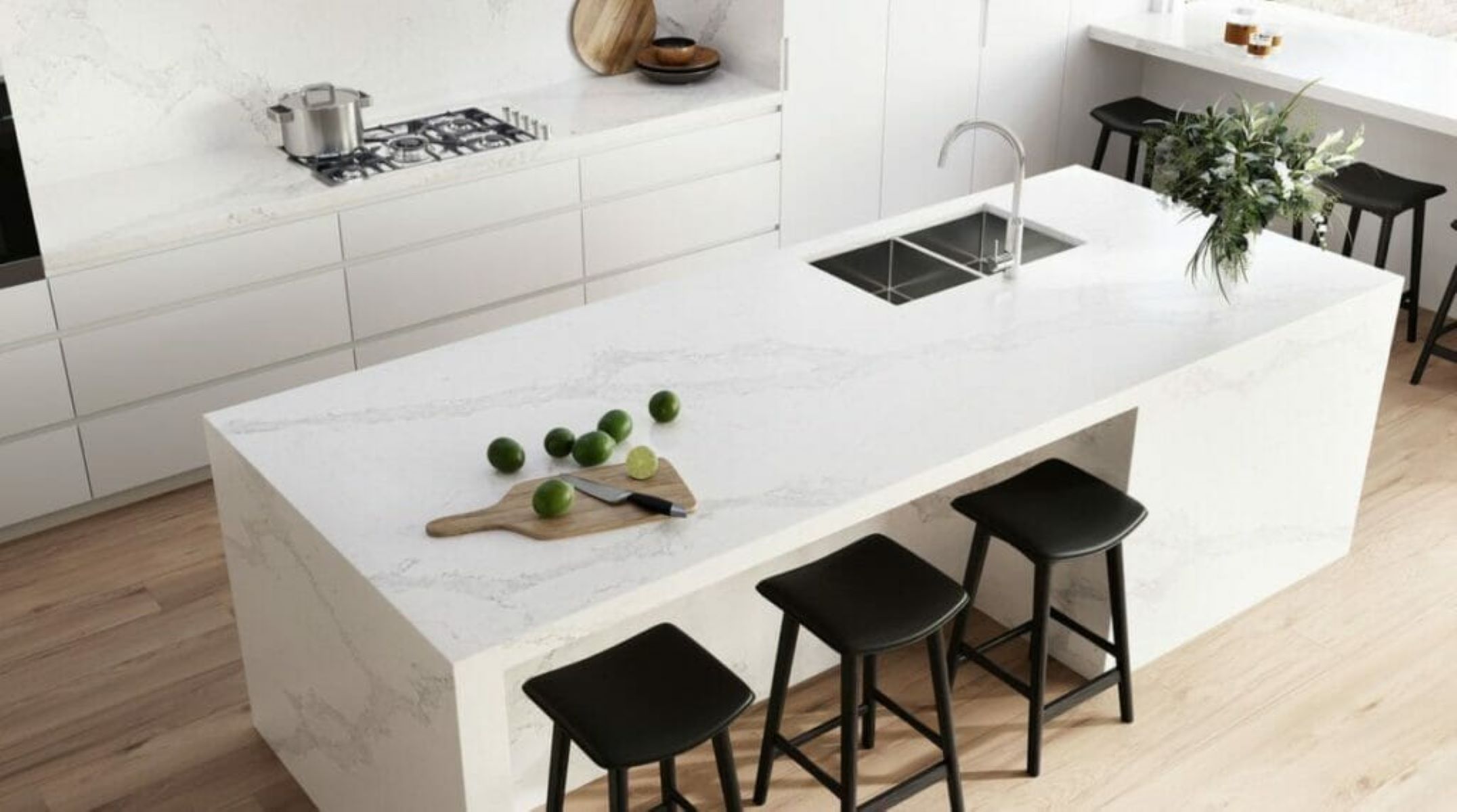
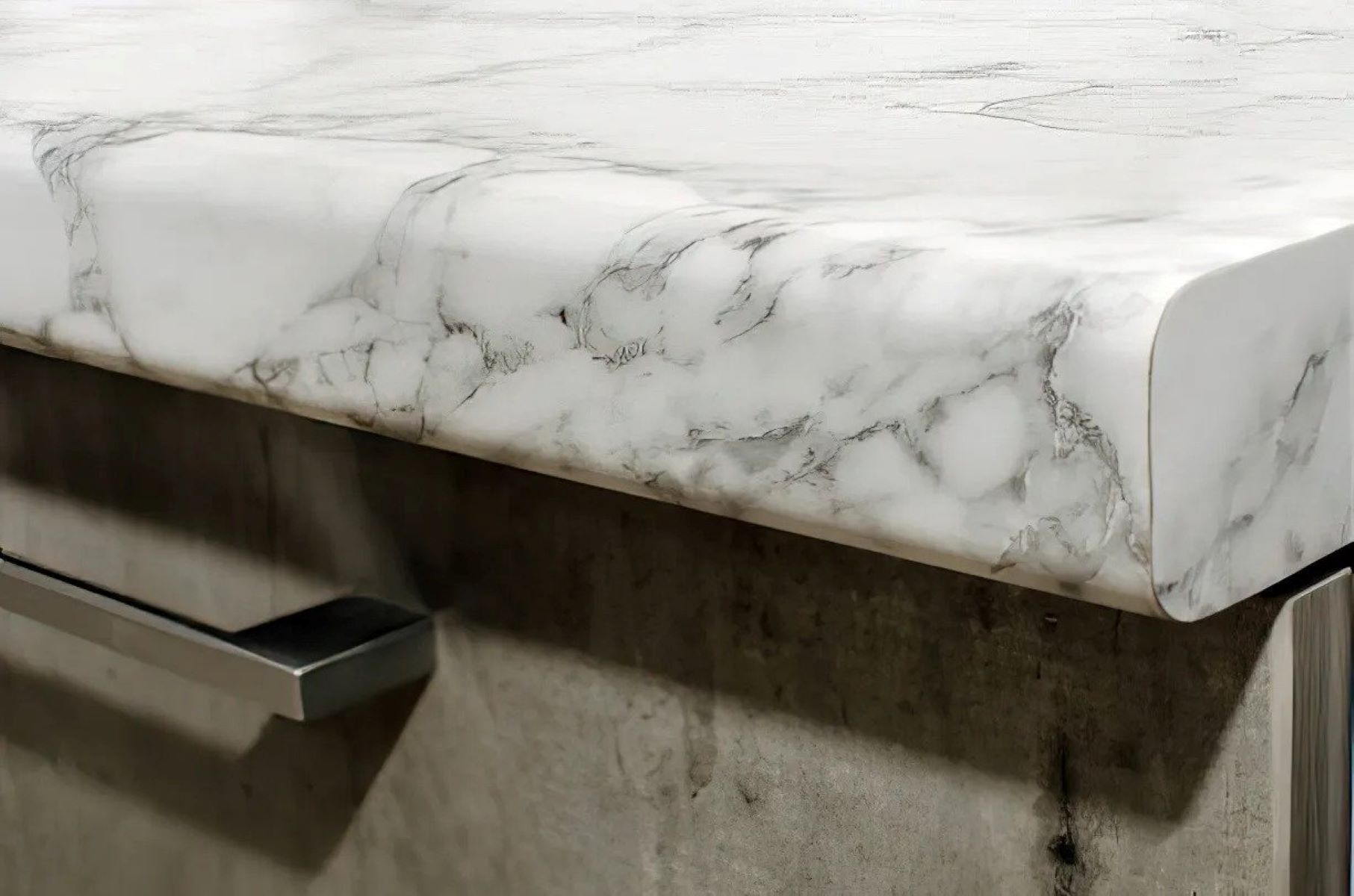
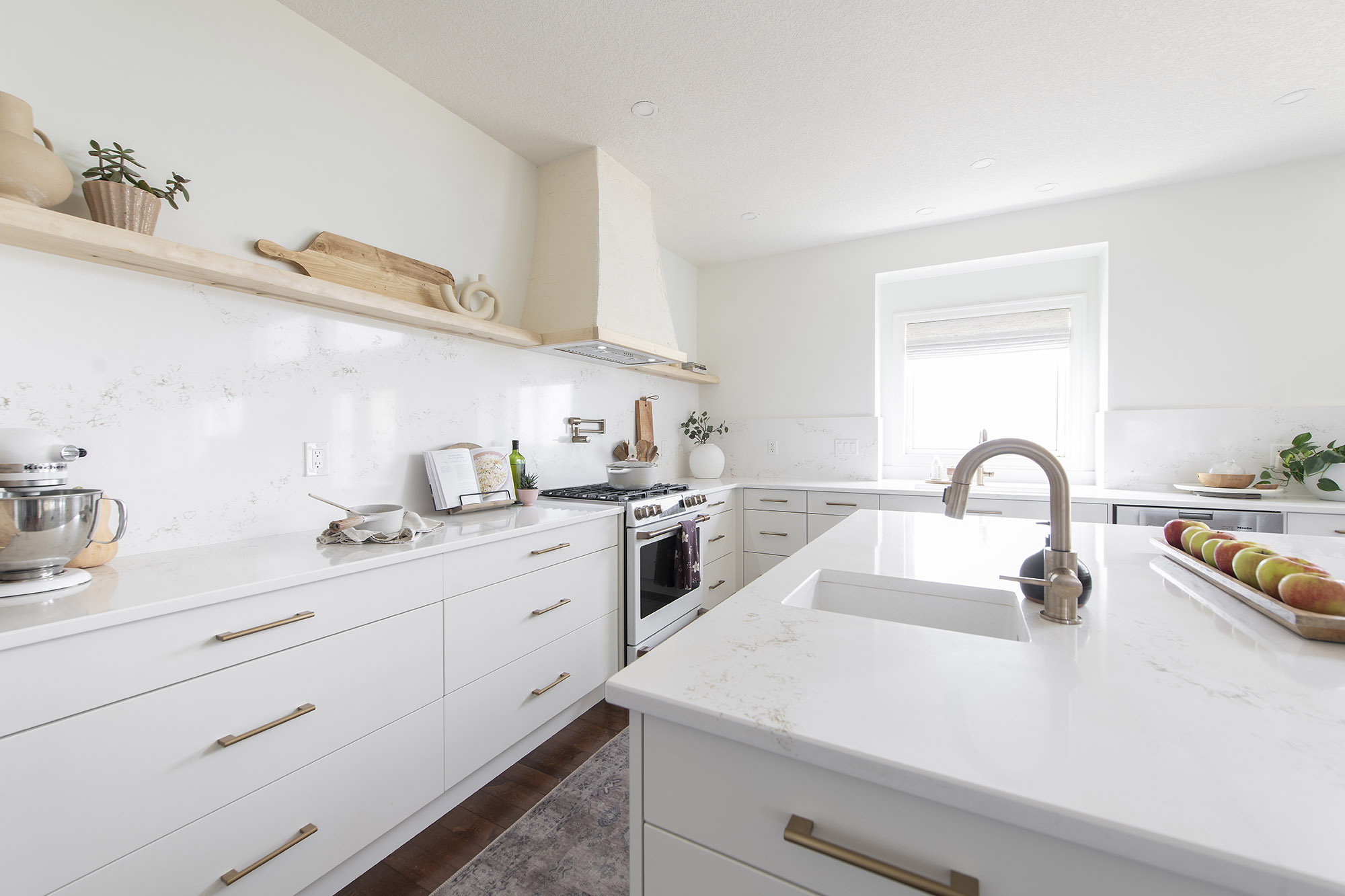
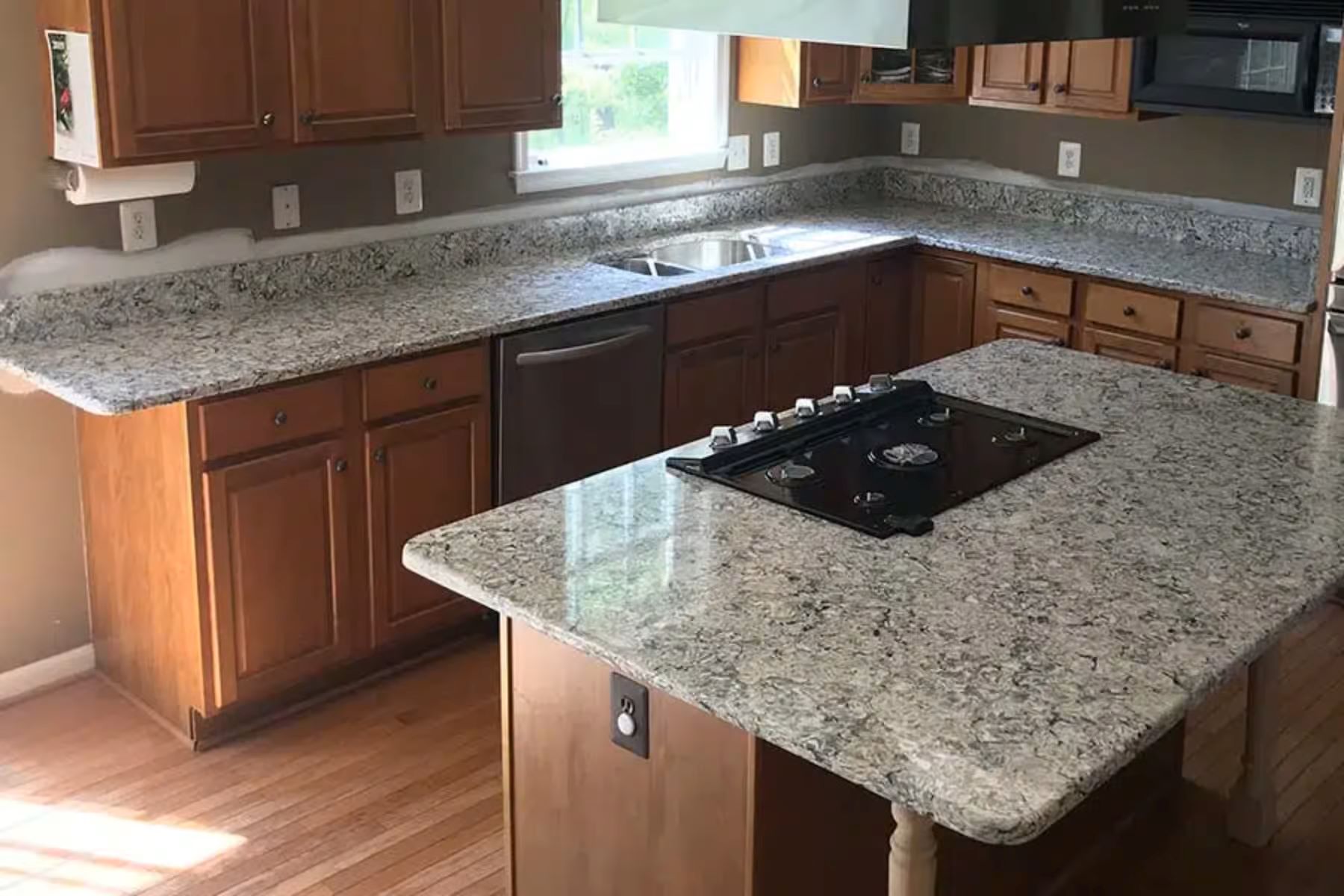
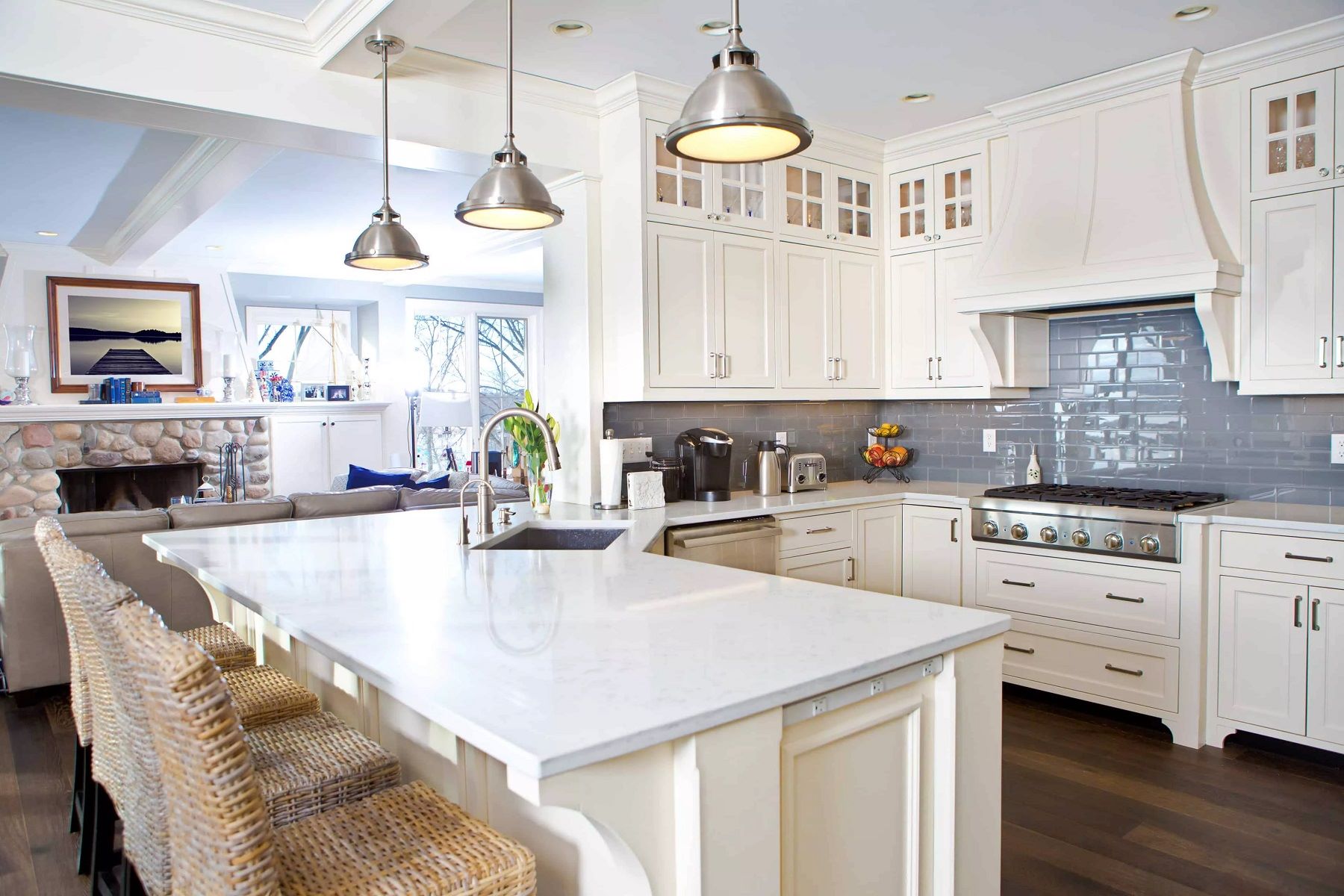
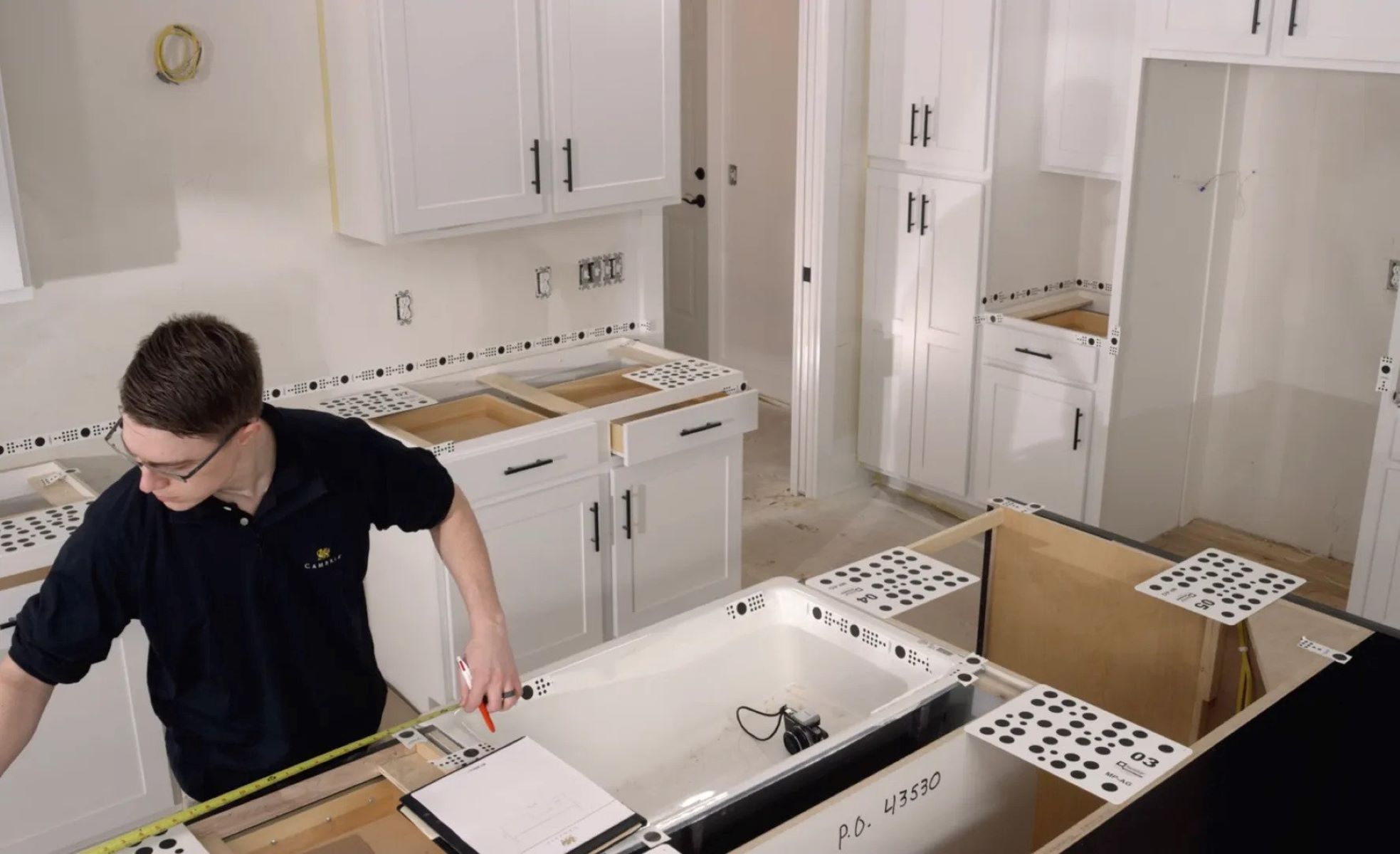

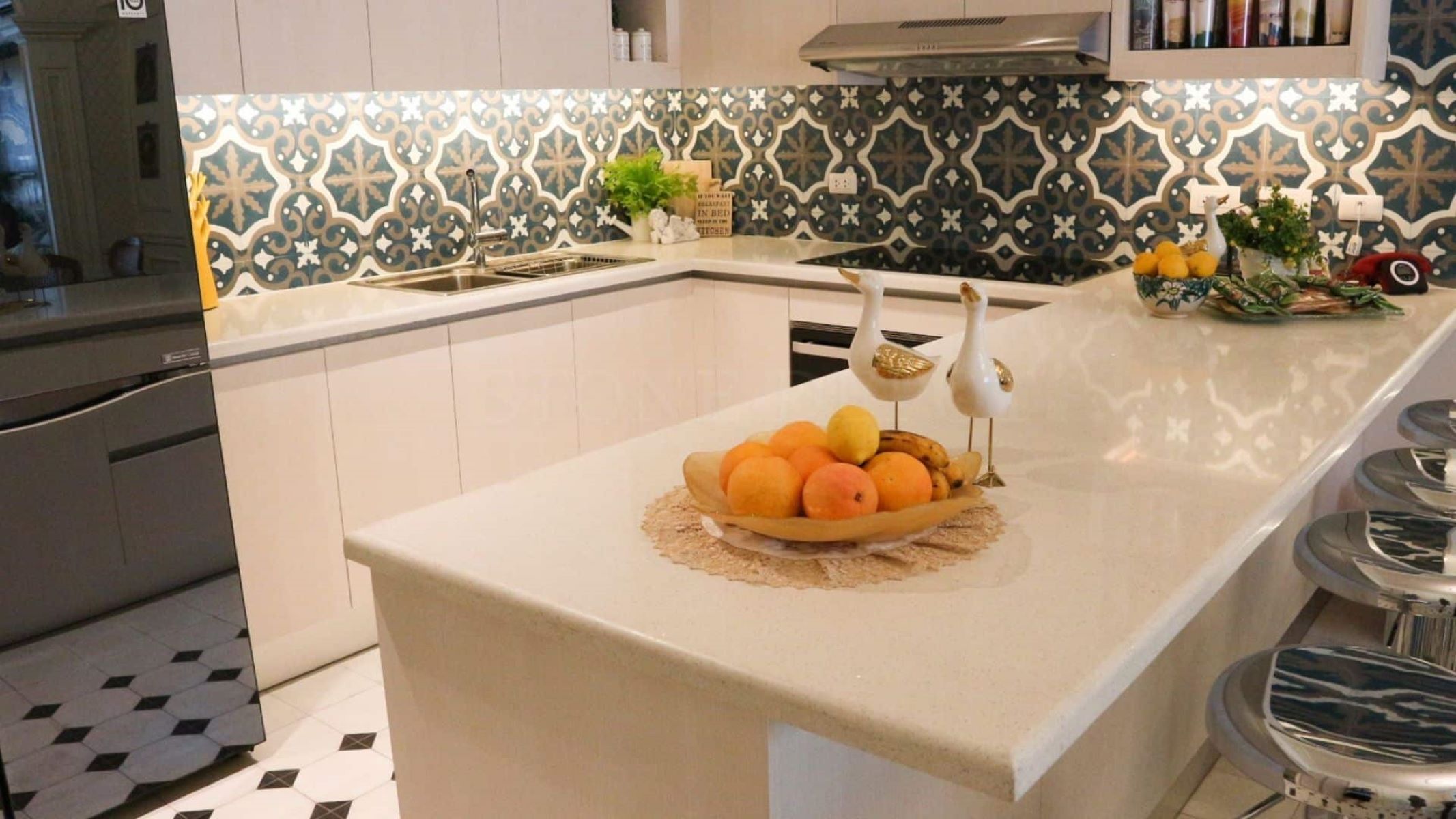
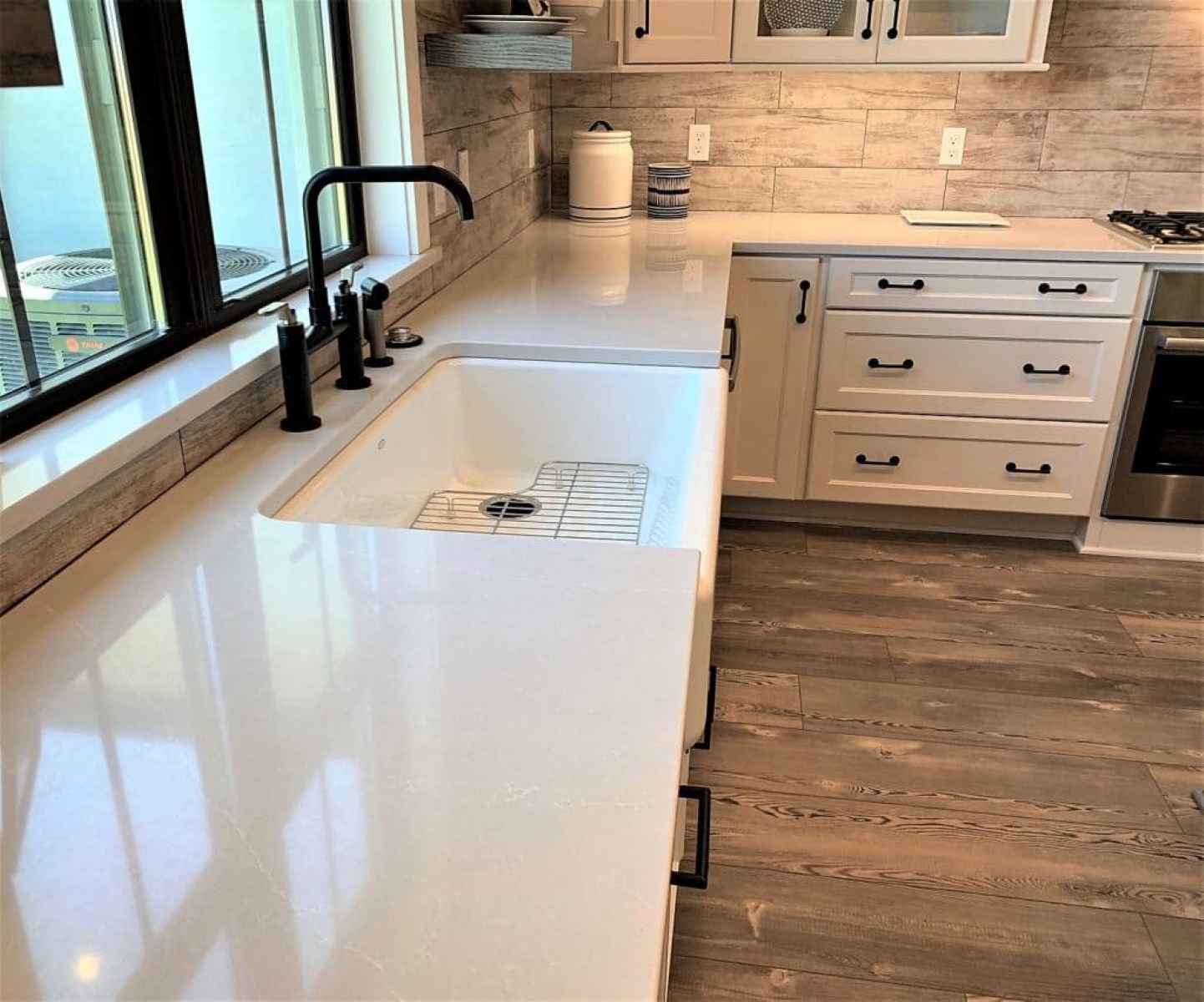

0 thoughts on “How Long Does Quartz Countertops Last”